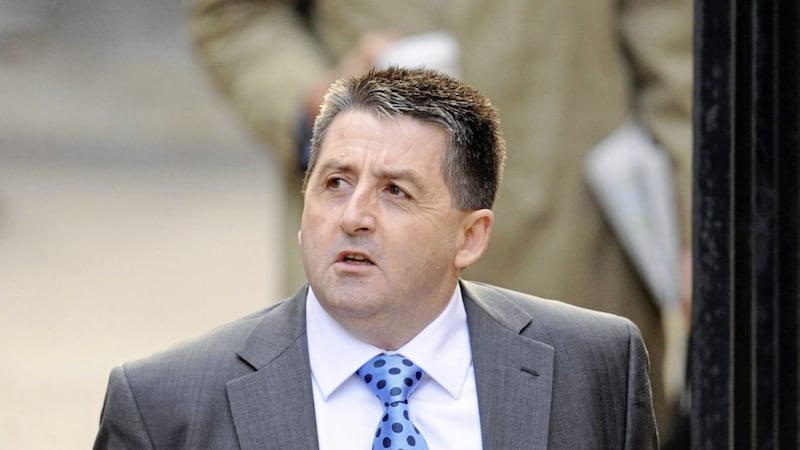A FORMER intelligence officer who dealt with IRA informants has accepted substantial undisclosed damages from a newspaper group after his computer was hacked.
Ian Hurst worked in the Intelligence Corps and the controversial British army Force Research Unit in the north from 1980 until he retired in 1991.
His primary role was to recruit and run agents within republican groups in order to obtain tactical and strategic intelligence.
Mr Hurst began legal action at the High Court in London against NGN, publisher of the defunct News of the World, and News UK & Ireland Ltd (formerly News International Supply Company Ltd), after a BBC documentary revealed in 2011 his emails had been hacked.
NGN (News Group Newspapers) has paid Mr Hurst substantial damages and his legal costs.
Mr Hurst's counsel, Jeremy Reed, told High Court judge Mr Justice Mann yesterday that NGN accepted that Mr Hurst's privacy had been invaded.
He said that it accepted vicarious liability for the circumstances which ultimately led to the acts of private detective Philip Campbell Smith, who was known for his expertise in computer hacking and email interception.
Mr Reed said the reason why Mr Hurst was initially targeted is likely to have been because a former NGN employee wanted to discover the whereabouts of Freddie Scappaticci.
Mr Hurst had named Mr Scappaticci in a book he co-authored as being a senior agent within the IRA with the codename "Stakeknife", a claim he has denied.
He added that Mr Hurst regularly engaged in sensitive and confidential and in some cases, privileged, correspondence by email with a variety of people.
These included his solicitors at the time, republicans, people within the security services, PSNI members and former soldiers who had infiltrated the IRA - including individuals in the police witness protection programme.
Mr Hurst only discovered his emails had been hacked when he was contacted by BBC Panorama. An investigation was then launched by the Metropolitan Police.
Mr Reed said: "After the initial shock of being informed that he was a victim of computer hacking and email interception, Mr Hurst became increasingly shocked and appalled as he began to discover the extent of the unlawful activity against him.
"He was horrified to see copies of actual emails which had been intercepted and genuinely feared for the safety of many of the people with whom he had been in contact.
"Mr Hurst was and remains embarrassed that someone was able to access his computers in this manner and that the trust which others have placed in him has been jeopardised and degraded as a result."
Anthony Hudson QC, for NGN, said it offered its "sincerest and unreserved" apologies.
"News Group Newspapers accepts that such activity happened, accepts that it should never have happened, and has undertaken to the court that it will never happen again.
"Indeed, News Group Newspapers took steps several years ago to ensure that nothing like this could happen again."



